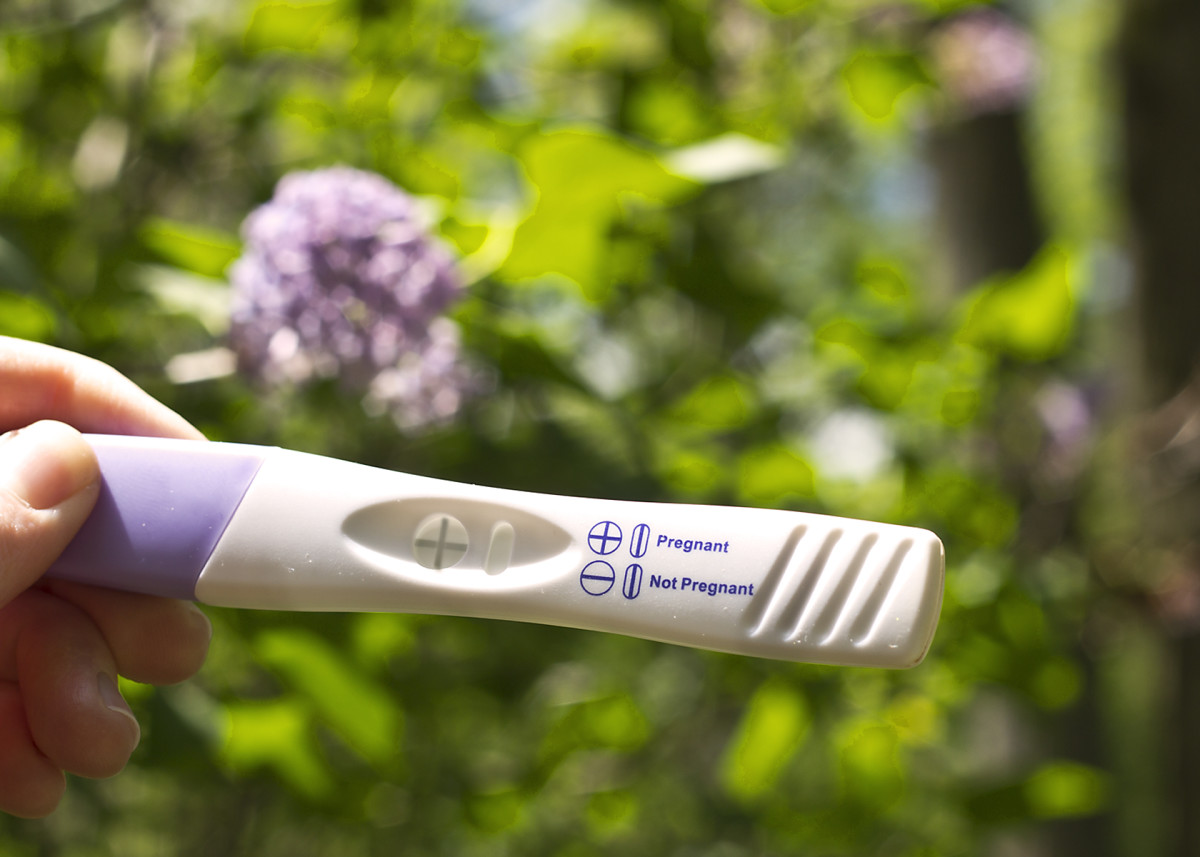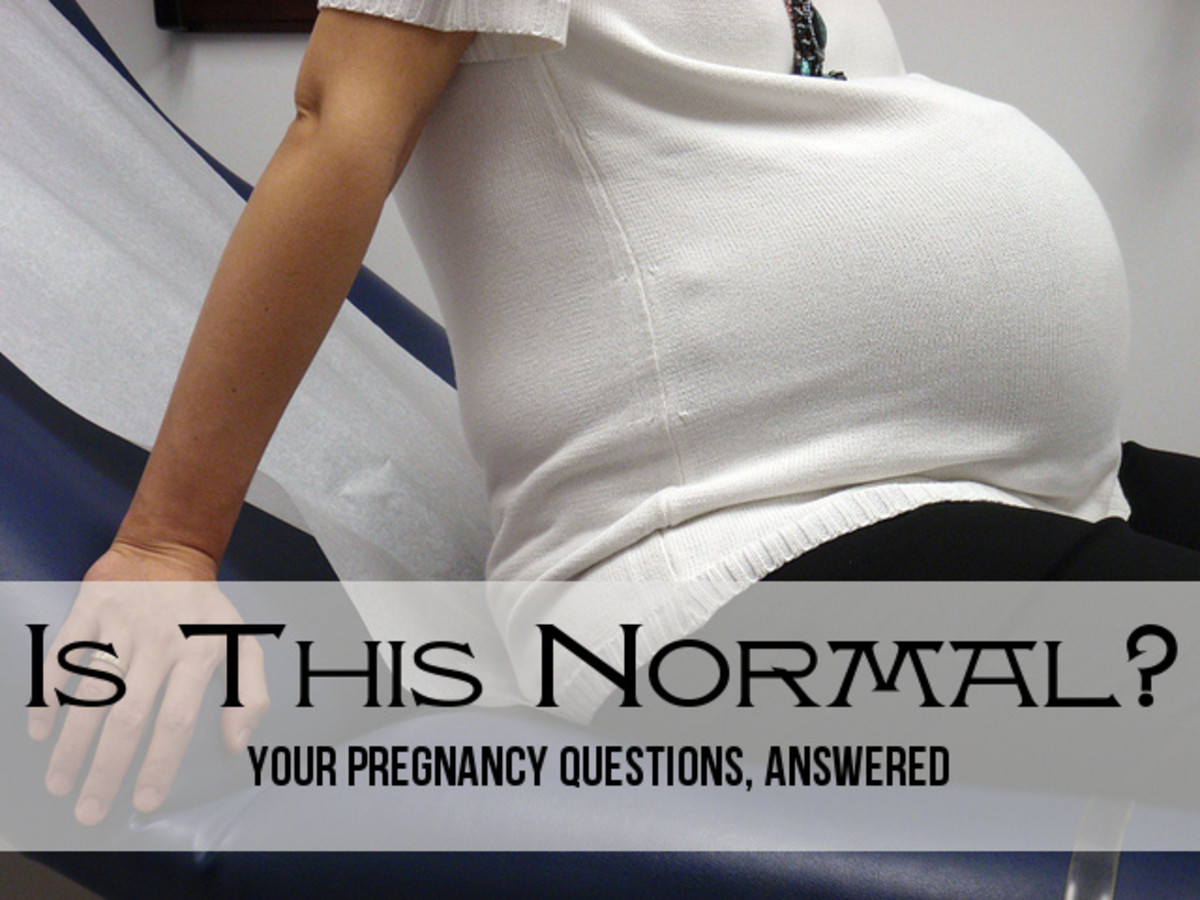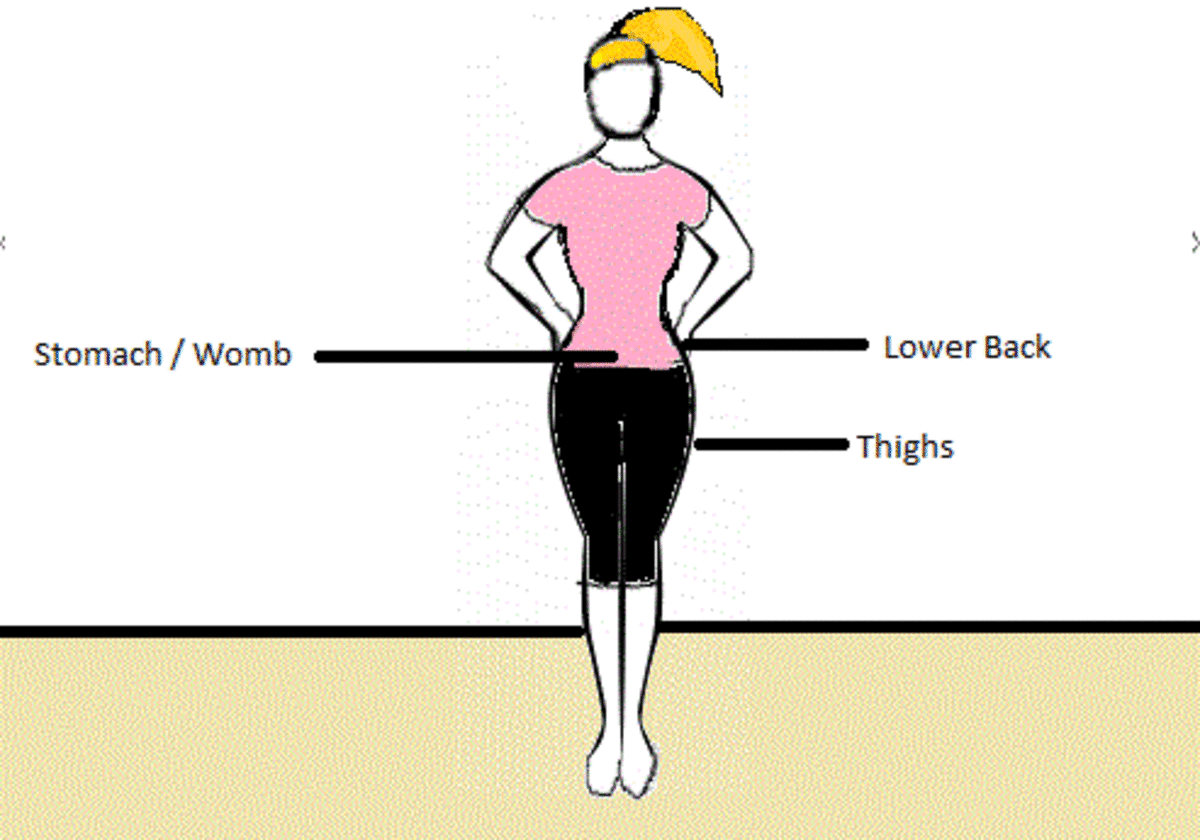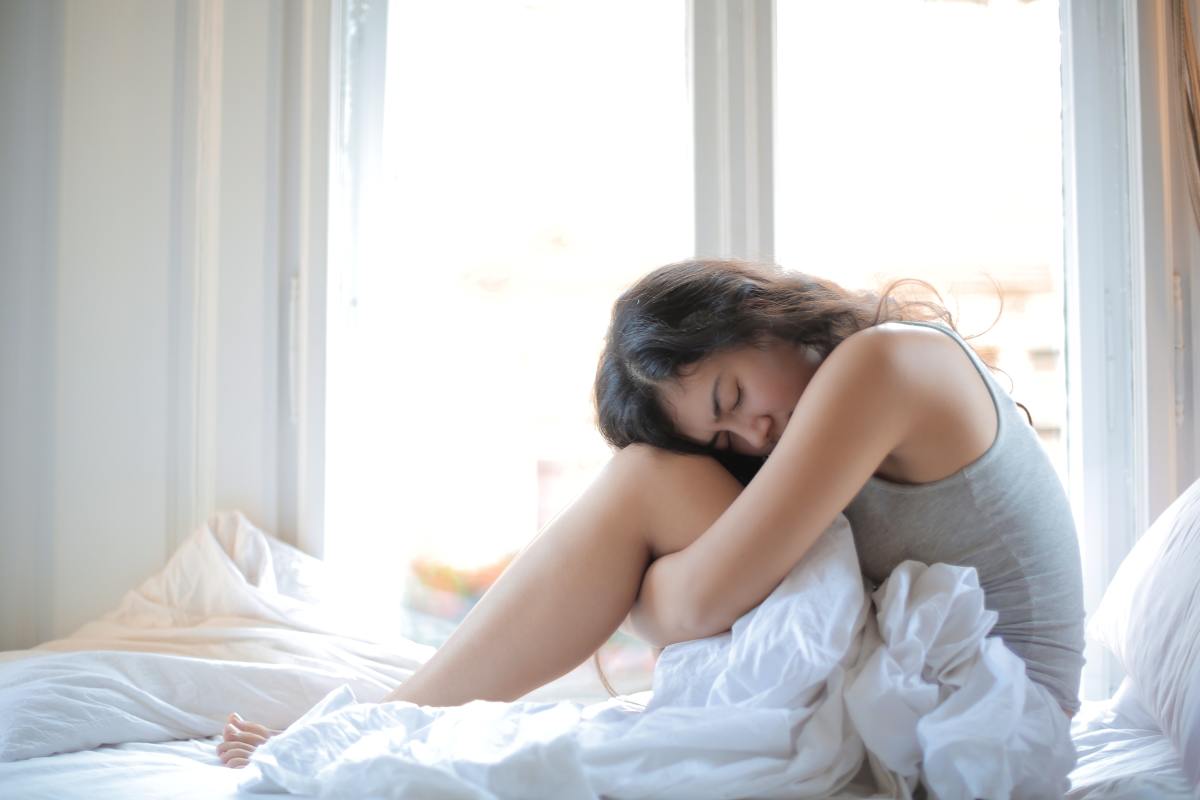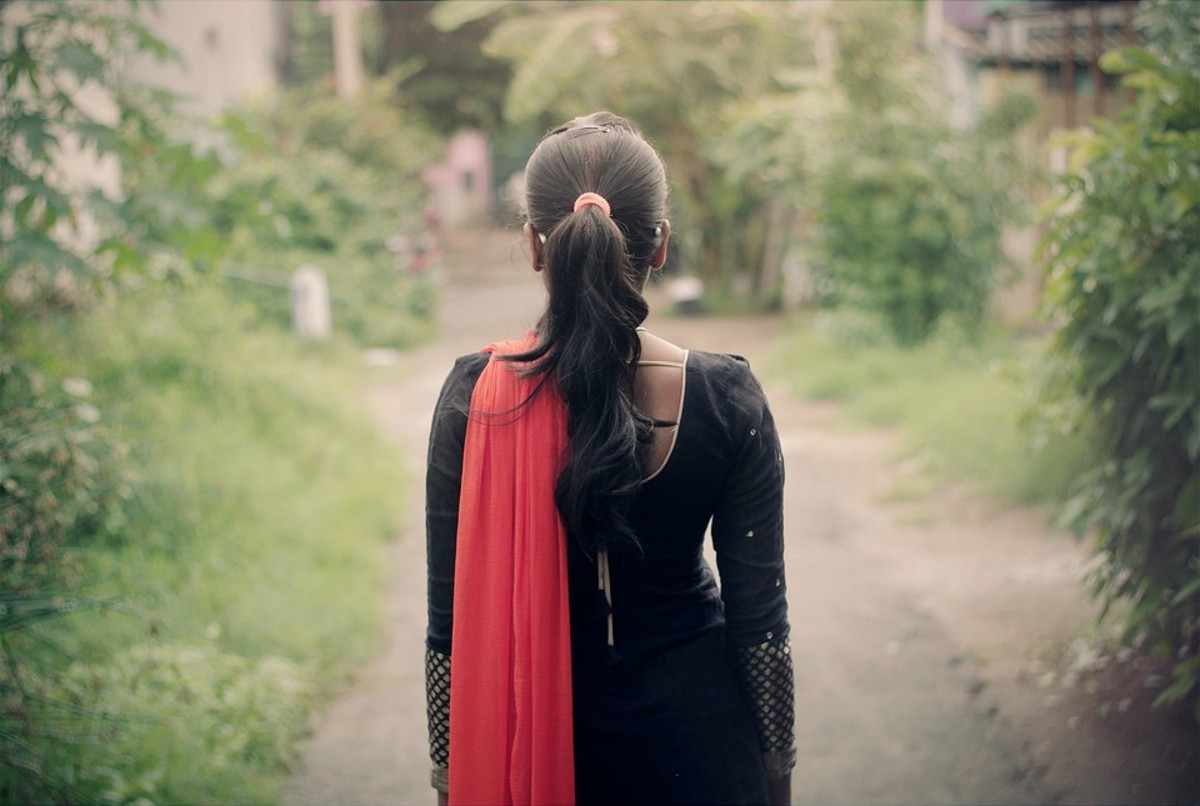Periods Covered

I’m so glad I was born in the time I was. Women have it much better than they did in the past, especially when it comes to their periods.
Most women experience periods. And even though we have much more comfortable ways of dealing with it nowadays, the experience still isn’t pleasant by all means. Periods are necessary, but the symptoms that can accompany your period certainly aren’t fun in the least.
What is it
“The menstrual period, which we commonly refer to as just a “period,” is the shedding of your uterine lining (your endometrium),” claims Anna Druet. “Blood and endometrial tissue flow down through your cervix and vagina.”
And, since we don’t want to be a bloody mess, women use various methods to absorb that blood. These include using sanitary napkins (pads), tampons, menstrual cups or discs, period absorbing underwear, etc.
Girls usually get their period by the time they are 15 years old but don’t worry you won’t have it forever. A period occurs every 21-38 days for about a week.
Periods can fluctuate though so it doesn't always happen like clockwork.
Druet provides things that may affect your period’s arrival or flow:
-
Hormone fluctuation
-
Stress
-
Over-exercising
-
Your diet
-
Certain health conditions
I was surprised that diet affects periods. Susana Smith says particularly, “the ketogenic diet or any diet that puts your body into a ketogenic state on a long term basis can affect your cycle.”
Stress too. “For some women, stress may play a role in causing irregular or missed periods,” claims Melanie Winderlich. “As stress levels rise, there’s a chance that your menstrual period will temporarily stop, a condition known as secondary amenorrhea.” In addition, she says that “stress certainly plays a role in suppressing the functioning of the hypothalamus, which controls the pituitary gland — the body's master gland — which, in turn, controls the thyroid and adrenal glands and the ovaries; they all work together to manage hormones.”
Lastly, overwork can change your period. Adrea Chisholm, MD discusses four ways exercises can affect periods:
-
Bleeding outside regular period
-
Missed periods
-
Change in flow (lighter)
-
Reduced period pain
What’s more is a period can come with numerous PMS symptoms, unfortunately.
“Beside the bleeding, other signs and symptoms of menstruation may include headache, acne, bloating, pains in the low abdomen, tiredness, mood changes, food cravings, breast soreness, and diarrhea,” according to MedicineNet. So if you are experiencing any of these it might just be because you’re on your period or because it's on its way.
Luckily, there are also things you can do as a woman to help alleviate such symptoms. If your symptoms are really bad, birth control may be a good option. There are many over-the-counter drugs too that can also help.
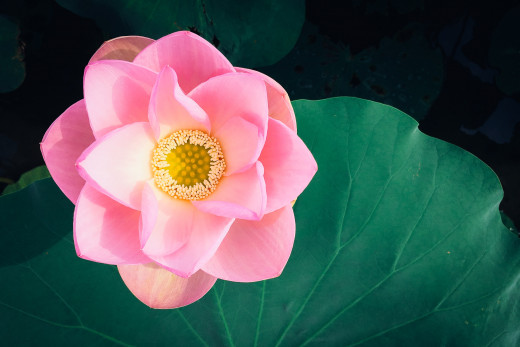
Why do periods occur
Periods happen once a girl's hormones start changing.
“A period happens because of changes in hormones in the body,” says TeensHealth. “The ovaries release the female hormones estrogen and progesterone . These hormones cause the lining of the uterus (or womb) to build up. The built-up lining is ready for a fertilized egg to attach to and start developing. If there is no fertilized egg, the lining breaks down and bleeds. Then the same process happens all over again.” This lining usually takes about a month to build up and then break down, giving us periods.
Some women don’t have periods. According to Healthline, a woman's hypothalamus, pituitary gland, ovaries, and uterus need to function properly in order to have regular periods. You don’t have a period if you are pregnant either, though that is not always the reason why you may miss a period.
Periods and pregnancy
Some women experience bleeding or spotting during pregnancy; however, it is not a period. “Although a woman will not have a period when she is pregnant, she may still experience some bleeding,” provides Medical News Today. “While bleeding is not necessarily a sign of an underlying problem, it is essential to understand the potential causes and know when to speak to a doctor.”
They list some reasons that might cause bleeding during pregnancy:
First Trimester
| After 20 Days
|
|---|---|
Placenta implants in uterus
| Cervical examination
|
Cervical cells change
| Placenta previa
|
Ectopic Pregnancy
| Preterm labor or labor
|
Infection
| Sex
|
Miscarriage
| Uterine rupture
|
Subchorionic hemorrhage
| Placental abruption
|
Gestational Trophoblastic Disease (GTD
|
Some of these are medical emergencies, so be sure to consult your doctor right away if you experience bleeding while pregnant-- it isn’t a period.
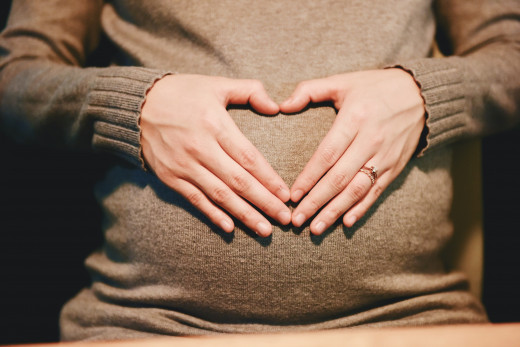
What's your flow like?
© 2020 Erin Day



